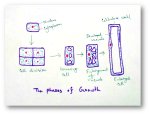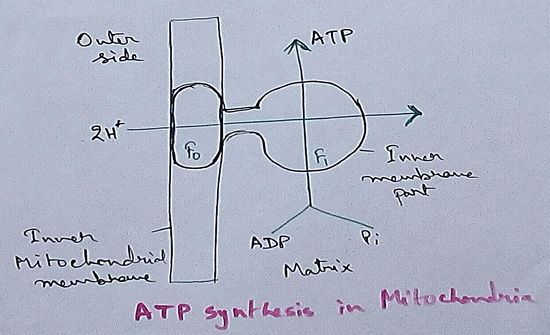Comparison of Adverbs
Adverbs are not usually found to change their forms in a sentence., but a few do have the Comparative and Superlative forms.
There are three forms of comparison which are made use of in English Grammar:
· Positive
· Comparative
· Superlative
Adverbs form the comparative degree in different ways:
1. Comparison using –er / -est
The simplest form of Comparison is done using –er / -est for Adverbs with one syllable.
|
Positive hard soft High |
Comparative harder softer Higher |
Superlative hardest Softest highest |
Example:
· Teachers always insist that students must harder in the exam.
· The boys are jumping over the fencing, gauging who can jump the highest.
2. Adverbs like ‘early’ where ‘-y’ is replaced .
|
Positive Early |
Comparative Earlier |
Superlative earliest |
3. Comparison using more / most, in cases of adverbs ending with –‘ly’. This is mostly used in case of Adverbs with two or more syllables, with the exception of ‘early’.
|
Positive Carefully Beautifully |
Comparative More carefully More beautifully |
Superlative Most carefully Most beautifully |
Example:
· We need to segregate the waste more carefully the next time round.
· It was the most beautifully designed house I have ever seen.
4. In case of irregular Adverbs, other original terms are used to denote the Comparative and Superlative Forms.
|
Positive Well Badly Much Little Far Far Late |
Comparative Better Worse More Less Farther Further Later |
Superlative Best Worst Most Least Farthest Furthest latest |
Example:
· I sang better yesterday but I need to work on the tenor of my voice.
· A lot of people drove badly yesterday but you drove the worst of the lot.
5. Sometimes, some Adjectives are used as Adverbs without ‘-ly’. In that case two different kinds of comparisons are made possible.
|
Positive Cheaply Cheap |
Comparative More cheaply Cheaper |
Superlative Most cheaply cheapest |
6. Comparative Form using the word ‘than’
When the second person or thing is mentioned then the word ‘than’ comes in to play while forming the Comparative form of the adverb. In case, if the second person is a Pronoun in such case, then the object form of the pronoun is used in the sentence.
Example:
I cannot match pace with him – he types much faster than me.
7. In formal sentence structures, instead of than + subject Pronoun, we may use than + Subject Pronoun +be, do or a Modal Verb.
Examples:
· My brother writes more legibly than I do.
· My friends can dance more nimbly than I can.
English Grammar and Composition
From Comparison of Adverbs to HOME PAGE
Recent Articles
-
Explain about Growth in Plants |Definition of Growth & Differentiation
Feb 27, 25 02:07 PM
Growth is a permanent increase in length or volume of an organism that brought upon by an increase in its dimensions due to synthesis of new protoplasmic material. -
Definition of Respiratory Quotient | calculation | Application | Plant
Dec 02, 24 12:09 AM
Definition of respiration quotient- the ratio of the carbon-dioxide evolved to that of the oxygen consumed by a cell, tissue, plants or animals in a given time is called respiratory quotient. It is us… -
Amphibolic Pathway | Definition | Examples | Pentose Phosphate Pathway
Jun 06, 24 10:40 AM
Definition of amphibolic pathway- Amphibolic pathway is a biochemical pathway where anabolism and catabolism are both combined together. Examples of amphibolic pathway- there are different biochemical… -
Respiratory Balance Sheet | TCA Cycle | ATP Consumption Process
Feb 18, 24 01:56 PM
The major component that produced during the photosynthesis is Glucose which is further metabolised by the different metabolic pathways like glycolysis, Krebs cycle, TCA cycle and produces energy whic… -
Electron Transport System and Oxidative Phosphorylation | ETC |Diagram
Feb 04, 24 01:57 PM
It is also called ETC. Electron transfer means the process where one electron relocates from one atom to the other atom. Definition of electron transport chain - The biological process where a chains…




New! Comments
Have your say about what you just read! Leave me a comment in the box below.